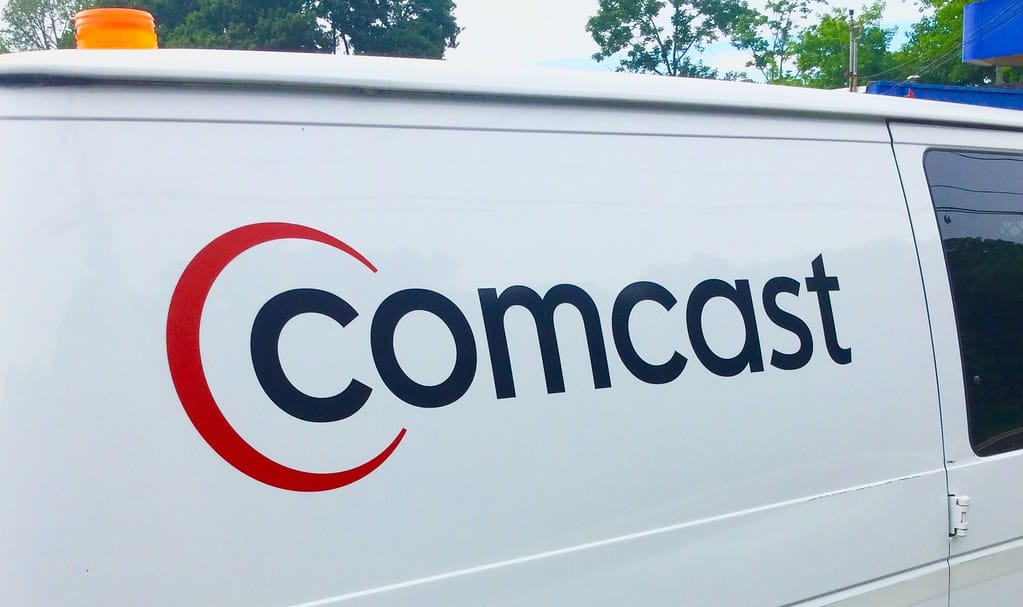Comcast Finally Ditches Data Caps: What This Means for Your Internet Bill
After years of customer complaints and mounting competitive pressure, Comcast has announced it's eliminating data caps on its residential internet plans nationwide. The move marks a significant shift for America's largest internet service provider and could reshape how we think about home broadband pricing.
The End of an Era for Data Caps
Comcast's decision to remove its 1.2 terabyte monthly data limit affects millions of customers across its service areas. Previously, exceeding this cap meant paying an additional $10 for every 50 gigabytes of overage, with charges capping at $100 per month. For many households juggling multiple streaming services, remote work, and smart home devices, these overages became a monthly frustration.
The company piloted unlimited data in several markets throughout 2023, and the positive response from customers appears to have driven this nationwide rollout. "We're committed to providing our customers with the fastest, most reliable internet experience," said a Comcast spokesperson, though the timing suggests competitive pressures played an equally important role.
What Drove This Change?
Several factors converged to push Comcast toward this consumer-friendly move:
Competitive Pressure: Fiber providers like Verizon Fios, Google Fiber, and regional players have been aggressively marketing unlimited data as a key differentiator. With many offering gigabit speeds without caps at competitive prices, Comcast risked losing market share.
Pandemic-Era Usage Patterns: The COVID-19 pandemic permanently altered how Americans use the internet. Remote work, virtual schooling, and increased streaming created new baseline usage levels that made data caps feel increasingly antiquated.
Regulatory Scrutiny: While not explicitly mentioned by Comcast, the Biden administration's focus on broadband affordability and competition likely influenced the decision. Data caps have faced criticism from consumer advocacy groups as arbitrary limitations that generate revenue without corresponding infrastructure costs.
The Financial Reality
Industry analysts estimate that data overage fees generated hundreds of millions in annual revenue for Comcast. However, the company appears to be betting that customer retention and acquisition will offset this lost income. With cord-cutting accelerating and streaming services multiplying, unlimited data becomes a more compelling selling point than overage fee revenue.
Comcast has also been diversifying its revenue streams through its Peacock streaming service, mobile offerings through Xfinity Mobile, and business services. This diversification provides cushion against the revenue impact of eliminating data caps.
What This Means for Consumers
For existing Comcast customers, the change is straightforward – no more monitoring data usage or surprise overage charges. Families can stream multiple 4K videos simultaneously, download large games, and back up photos to the cloud without watching the meter.
However, consumers shouldn't expect immediate price reductions. Comcast isn't lowering its base internet prices; instead, it's absorbing the unlimited data feature that previously cost $30-50 extra per month. This effectively represents a service enhancement rather than a price cut.
New customers shopping for internet service now have one less factor to consider when comparing providers. The elimination of data caps levels the playing field somewhat, making speed, reliability, and price the primary differentiators.
Industry Implications
Comcast's move puts pressure on other major ISPs still enforcing data caps. Cox Communications and several regional providers maintain usage limits, but they may face increased customer pressure to follow suit. Meanwhile, providers like Spectrum and Verizon, which already offer unlimited data, can now focus on other competitive advantages.
The change also signals the broadband industry's maturation. As infrastructure costs stabilize and competition intensifies, providers are finding that customer-friendly policies often prove more profitable than nickel-and-dime fee structures.
Looking Ahead
While eliminating data caps is undoubtedly good news for consumers, it's worth noting that internet prices remain high compared to many international markets. The real test will be whether this competitive pressure leads to broader affordability improvements or simply shifts revenue collection to other areas.
For now, Comcast customers can breathe easier knowing their internet usage won't trigger surprise charges. As the broadband market continues evolving, this move represents a meaningful step toward treating internet access as the utility it has become in modern life.
The elimination of data caps won't solve all broadband affordability challenges, but it removes one significant pain point for millions of American households navigating our increasingly connected world.
